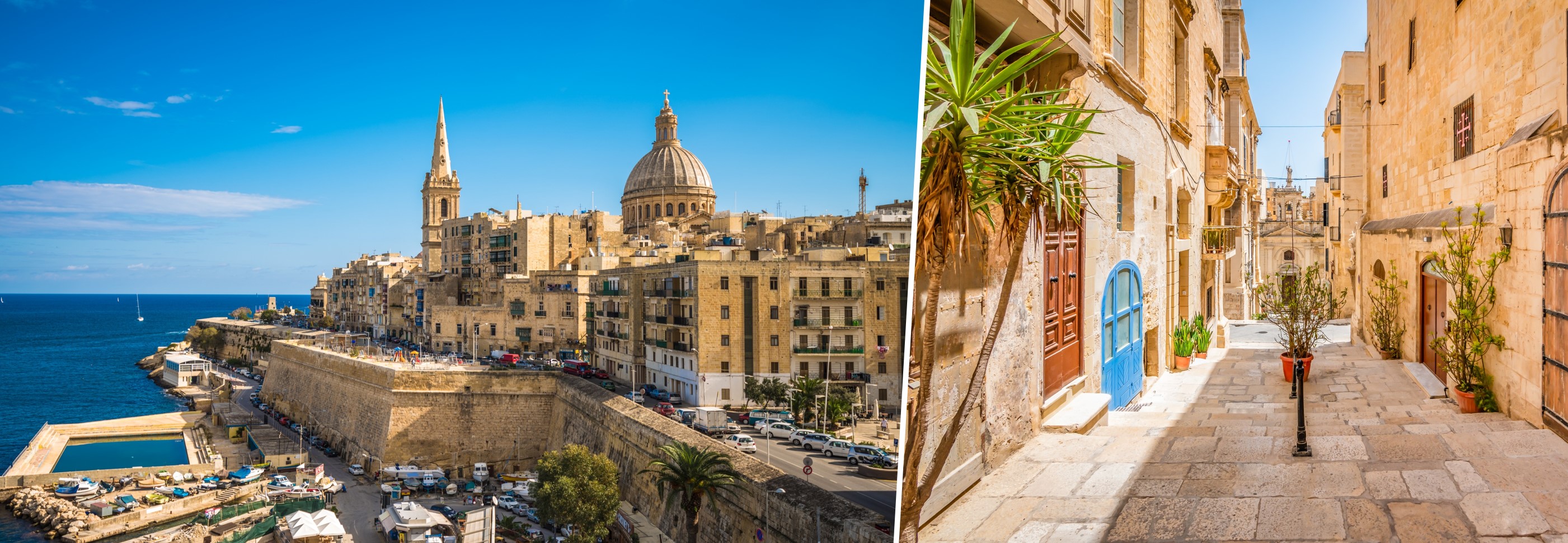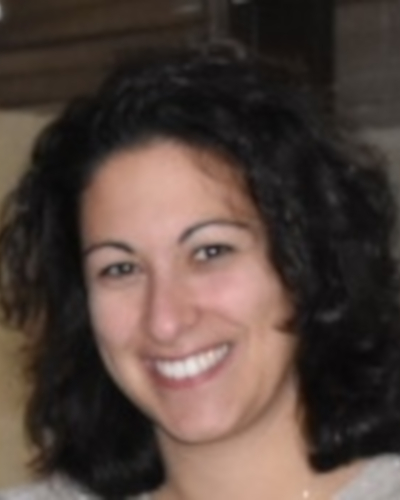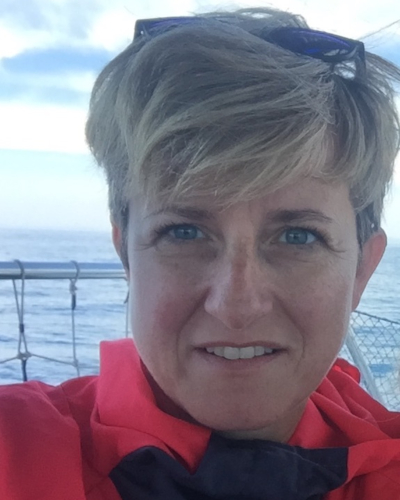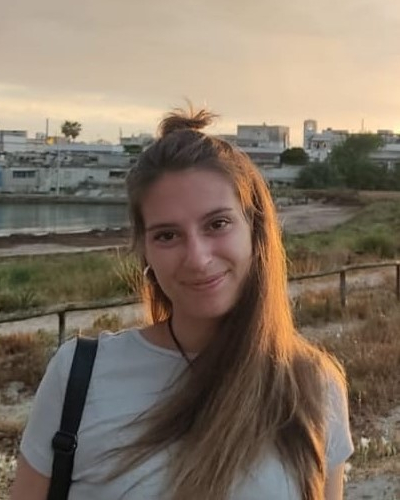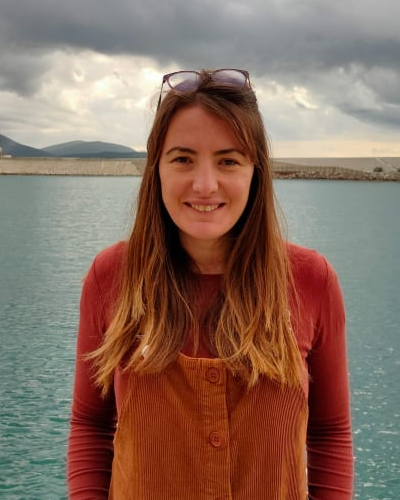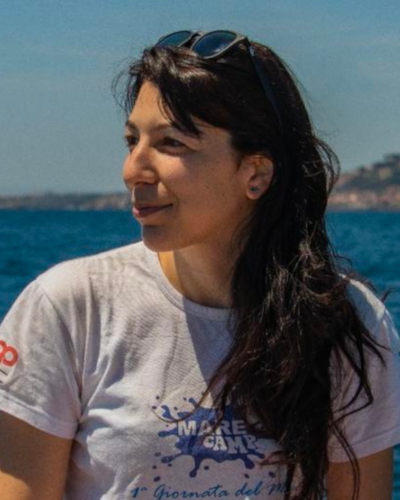SPECIAL SESSION #4
Advanced Modelling Analysis on Priority Species, Habitat and Marine Environment
ORGANIZED BY
Giulia Cipriano
Department of Biosciences, Biotechnologies and Environment, University of Bari, Italy
Rosalia Maglietta
Institute of Intelligent Industrial Systems and Technologies for Advanced Manufacturing, CNR, Bari, Italy
Carla Cherubini
University of Bari / National Research Council of Italy (CNR), Institute of Intelligent Industrial Technologies and Systems for Advanced Manufacturing (STIIMA), Italy
Aylin Akkaya
DMAD-Marine Mammals Research Association, Turkey and Montenegro
Clara Monaco
Department of Agriculture, Food and Environment, University of Catania / Marecamp Association, Italy
ABSTRACT
Marine ecosystems are affected by many anthropogenic stressors, which impact both key species such as cetaceans, sea turtles and sharks, and priority natural habitats, as transitional waters or seagrass meadows. The biodiversity loss and the exposure to environmental threats such as habitat destruction, chemical pollutants, overfishing, marine traffic, pathogens and climate change may have serious implications also for humans in terms of health and access to marine resources. Thus, understanding and predicting how ecosystems and key species will respond to human-driven changes is pivotal to inform the management and conservation decisions. This goal can be achieved using innovative technologies, as well as mathematical mode ls and statistical approaches.
We propose a special session focused on the emerging research field of the Computational Ecology, mainly based on the development, application and new advances of intelligent systems devoted to the automatization and implementation of marine ecological modelling and biological signals processing. Topics of interest may include but are not limited to machine/deep learning, signal and image processing on data obtained by DNA sequencing, remote sensing, satellite tags, drones, bioacoustics. Moreover, all works related to Marine environment monitoring topic are welcome.
ABOUT THE ORGANIZERS
Giulia Cipriano holds a PhD in Environmental Science and she is a research fellow in Ecology at the Department of Biosciences, Biotechnologies and Environment of the University of Bari. Her main scientific research interest is the application of biological, mathematical models to population dynamics focused on marine species especially cetaceans. She performs her scientific activity also in the field of fishery stock assessment and environmental remediation aimed to implement management measure of anthropogenic pressures which insist in Taranto seas and protection actions of species of particular conservation interest. She shows ex pertise in the implementation and analysis of biological and environmental data in GIS environment. She has (co)-authored more than 60 scientific publications in congress proceedings, national and international ISI journals and she is a reviewer for international ISI journals.
Rosalia Maglietta holds a PhD in Physics and a Master on Remote Sensing from the University of Bari. She is researcher at the National Research Council (Italy). Her main scientific interests are in the fields of machine learning and pattern recognition, including design and development of strategies for supervised and unsupervised learning, development of algorithms for 3D and 2D images segmentation and analysis, feature extraction, learning models for imbalanced and big data. The application fields of interest are marine biology, ecological informatics, environmental monitoring, bioinformatics and medicine. S he collaborated in many scientific researches and projects based on the observation, monitoring, modelling and understanding of inland and marine environment using innovative technologies and intelligent systems. She has a collaborative partnership with the Jonian Dolphin Conservation NGO, providing insights for structured collection and intelligent analysis of data obtained during marine mammal’s observations. She has co-authored about one hundred papers in international journals and conference and serves as editor and referee for international journal and conferences.
Carla Cherubini holds a Master’s Degree in Ecology and Ethology for Nature Conservation from the University of Parma. She is a PhD student in the interuniversity Industry 4.0 PhD program at the Polytechnic University of Bari and University of Bari. The core of her PhD project and related research activities is in the field of machine learning and ecological data science. Her core expertise is in marine biology, ecology and marine environmental conservation. She is mostly motivated in exploiting machine learning and statistical framework with the aim of investigating how target species and habitat respond to anthropogenic stressors and climate change, in order to inform an improvement of conservation policy.
Aylin Akkaya holds a PhD to assess the impact of marine traffic on the behavioral budget of delphinids in the Istanbul Strait. She founded DMAD-Marine Mammals Research Association in 2015 after working in the field of animal behavior for over 10 years and currently works as a director of DMAD as well as the marine mammal consultant of WWF-Turkey. Her background mainly focused on gathering the baseline information for threatened species and measuring the impact of human endured activities on these wild animals. Her main scientific interests lie in survey designs, geographic information systems, animal behavior, photo-identification, population estimates, species voca l repertoire and threat assessment. Currently, she runs dedicated surveys within the least studied regions of the Mediterranean Sea to fill the existing knowledge gaps on cetaceans for effective conservation and mitigation strategies. She has published over 30 articles in international journals to reveal the first results of dedicated efforts, mainly in Turkey and Montenegro.
Clara Monaco is a Research fellow on "Anthropogenic activities and biological resources in the Mediterranean towards sustainable development of coastal areas" at the Department of Agriculture, Food and Environment of the University of Catania, and an external consultant as scientific coordinator on cetacean conservation at the Marecamp Association, Italy.
Marine biologist (University of Trieste) with a multidisciplinary vocation, she earned a second Master's degree in Sustainable development and management at the Mediterranean Agronomic Institute of Montpellier – SupAgro – Paul Valerie University (France), and the International PhD in Food economics, specialization in Fisheries, at the University of Catania.
Member of several oceanographic campaigns in the Mediterranean, she is an expert in sustainability and quality for coastal zone management, conservation of marine vulnerable species, and enhancement of artisanal seafood products. She is also engaged in training and outreach activities on marine conservation collaborating with local and international organizations. Specialized in interaction between cetaceans and fisheries, and in ethology of the bottlenose dolphin of which she studies a population of the Gulf of Catania, Ionian Sea, from over 15 years. She is coauthor of more than 50 scientific publications in congress proceedings, national and international peer review journals, and she is a reviewer for international journals too.

